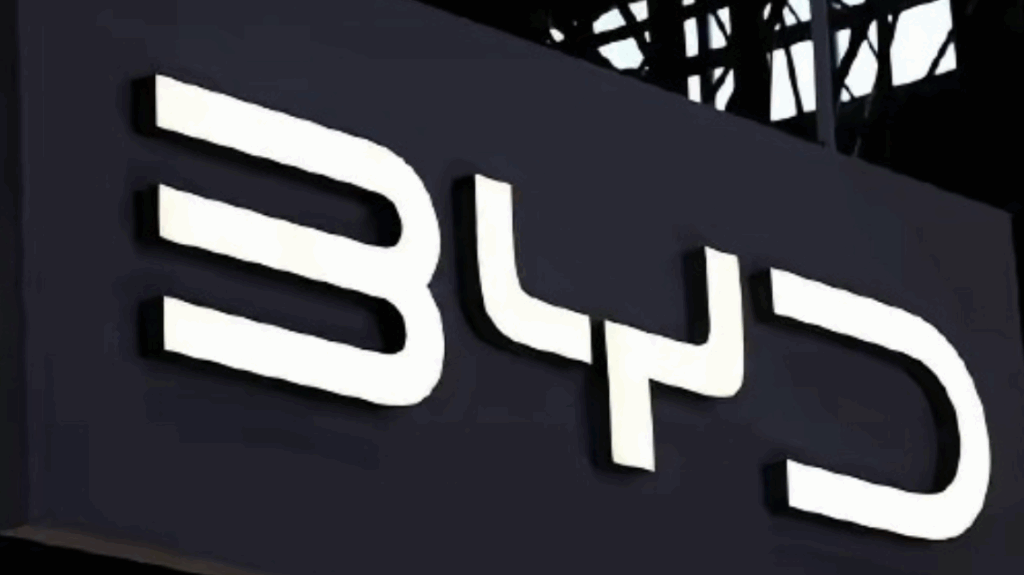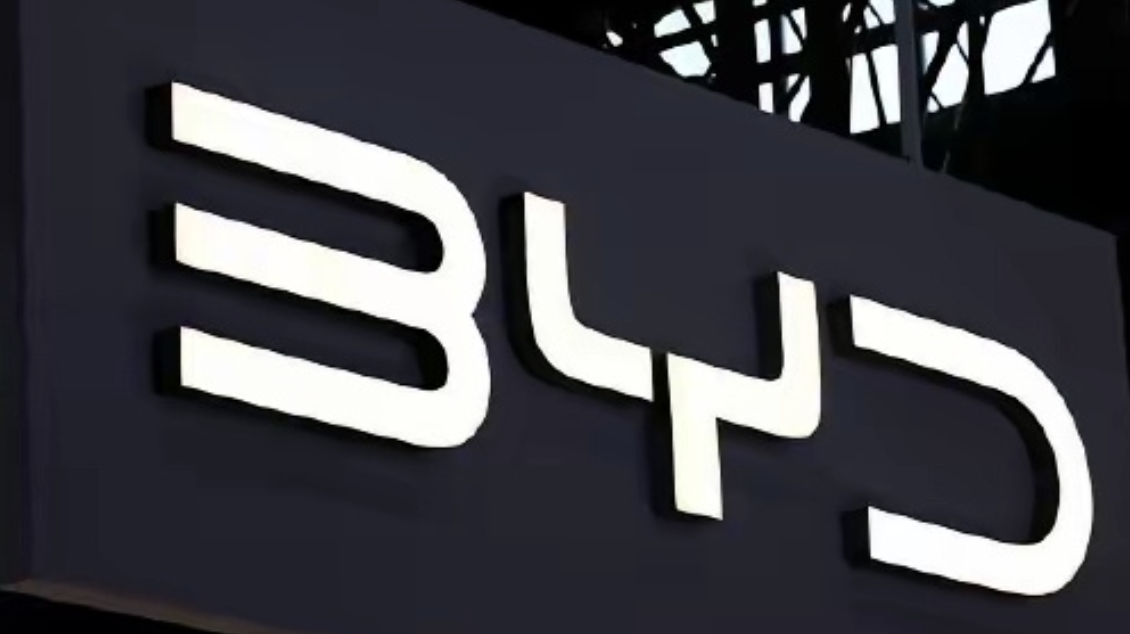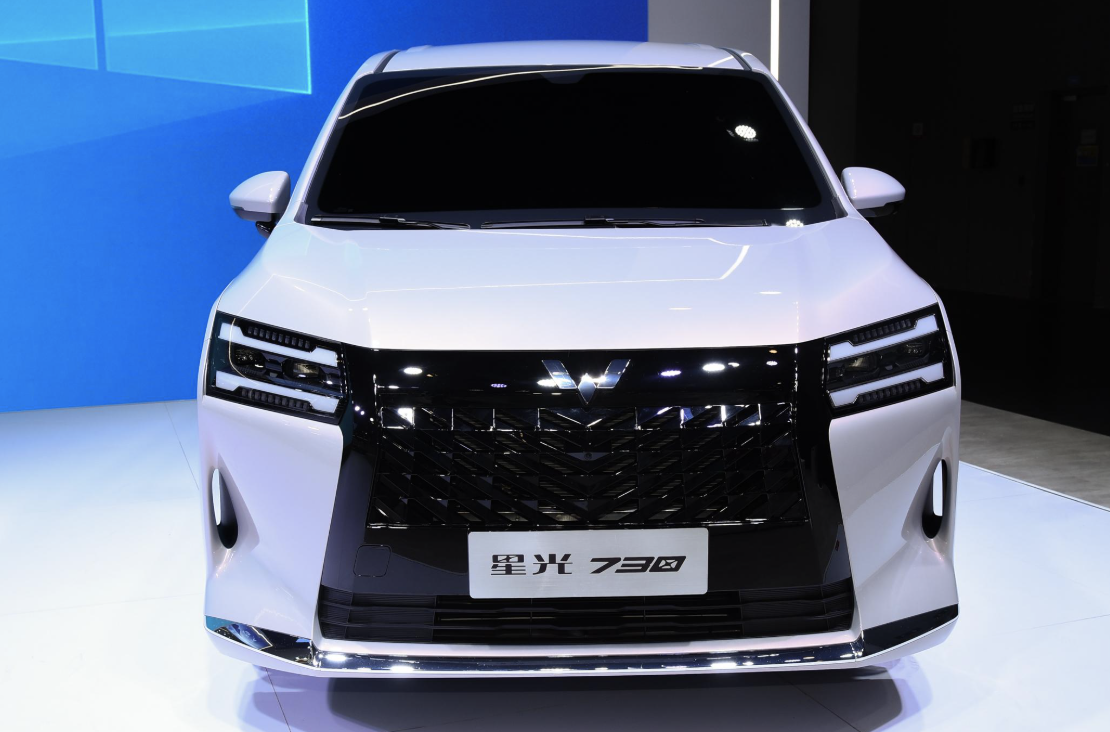On September 21, media reports revealed that Warren Buffett’s Berkshire Hathaway has sold all of its shares in BYD. A spokesperson for Berkshire Hathaway confirmed the sale of the entire stake in BYD.
On September 22, Li Yunfei, General Manager of BYD’s Public Relations Department, responded to the news, stating that stock investments involve both buying and selling, which is perfectly normal. At the same time, Li Yunfei pointed out that in August 2022, Berkshire Hathaway began gradually reducing its stake in BYD, which it had acquired in 2008. By June of last year, Berkshire’s shareholding had already fallen below 5%. He expressed gratitude towards Charlie Munger and Warren Buffett for their recognition of BYD, as well as for their investment, support, and companionship over the past 17 years, praising long-termism.

According to reports, Warren Buffett first invested in BYD in September 2008. At that time, Berkshire Hathaway purchased 225 million shares of BYD at HK$8 per share, spending about HK$1.8 billion. After the purchase, Berkshire held a significant position in BYD for nearly 14 years without changing its stake. It wasn’t until August 2022 that Berkshire began to gradually reduce its holdings. On August 30, 2022, according to the Hong Kong Stock Exchange, Berkshire Hathaway sold 1.33 million BYD H-shares at an average price of HK$277.1016 per share, cashing out HK$369 million. After this sale, Berkshire still held 218 million BYD H-shares. At that time, BYD responded to Berkshire’s reduction, stating that there was no need for over-interpretation and that the company’s operations were normal. Afterward, Buffett’s Berkshire continued to reduce its stake in BYD.
On September 1, 2022, Berkshire Hathaway sold another 1.716 million BYD H-shares at an average price of HK$262.72 per share, cashing out approximately HK$451 million. On November 1, Berkshire sold 3.297 million shares, followed by another sale of 5.7825 million shares on November 8. On November 17, Berkshire sold 3.2255 million shares at an average price of HK$195.42 per share. On December 8, 2022, Berkshire sold 1.3295 million shares at an average price of HK$201.3432 per share, reducing its shareholding from 15.07% to 14.95%, cashing out about HK$268 million. In total, Berkshire sold 16.68 million BYD H-shares in six transactions in 2022, netting approximately HK$3.417 billion.
In June 2024, the Hong Kong Stock Exchange disclosed that Berkshire had reduced its stake in BYD once again. After the reduction, Berkshire’s shareholding fell to 4.94%, below 5%. Regarding Berkshire Hathaway’s complete divestment of its BYD shares, some netizens commented that from an investment perspective, Buffett had made a significant profit. They noted that from the time of Buffett’s initial investment in BYD to the full sale, his investment had a total return of approximately 38 times, which is considered an extremely high return on investment. Others pointed out that Buffett’s investment strategy follows the “sell when overvalued” principle. With BYD’s stock price rising over 600% between 2020 and 2022 and its P/E ratio once exceeding 200 times, Buffett chose to exit. Essentially, this was a case of capital taking profits cyclically. He is not someone who aims to “sell at the highest point”; once the expected returns are achieved and the investment fits the financial plan, he decisively exits.
According to BYD’s latest financial report, the company achieved a revenue of 371.28 billion RMB in the first half of this year, a 23.3% year-on-year increase. The net profit attributable to the shareholders of the listed company was 15.51 billion RMB, a 13.79% increase. In terms of sales, BYD’s total sales in the first half of the year reached 2.146 million vehicles, up 33.04% year-on-year. The latest sales data shows that from January to August this year, BYD’s new energy vehicle sales totaled approximately 2.8639 million units, a 23.00% increase year-on-year.



